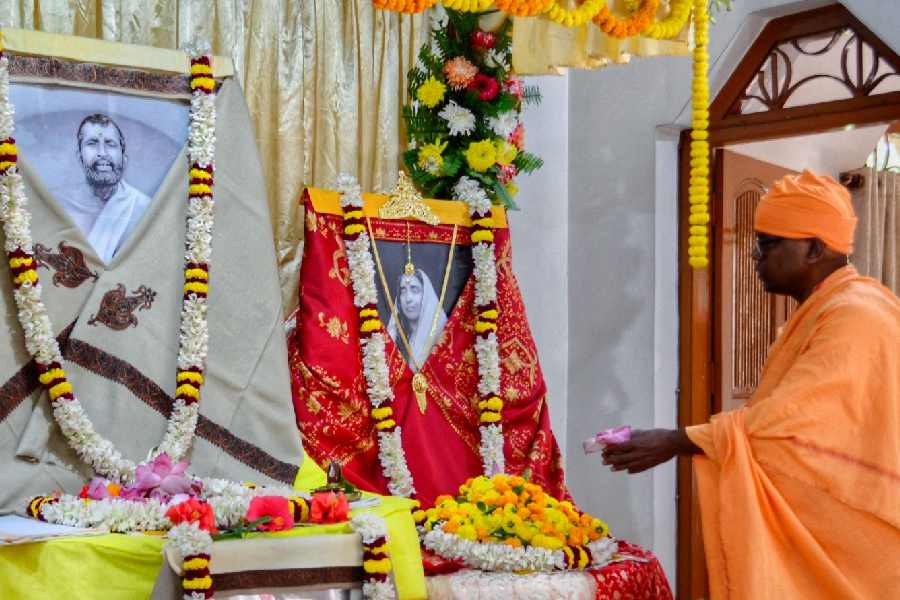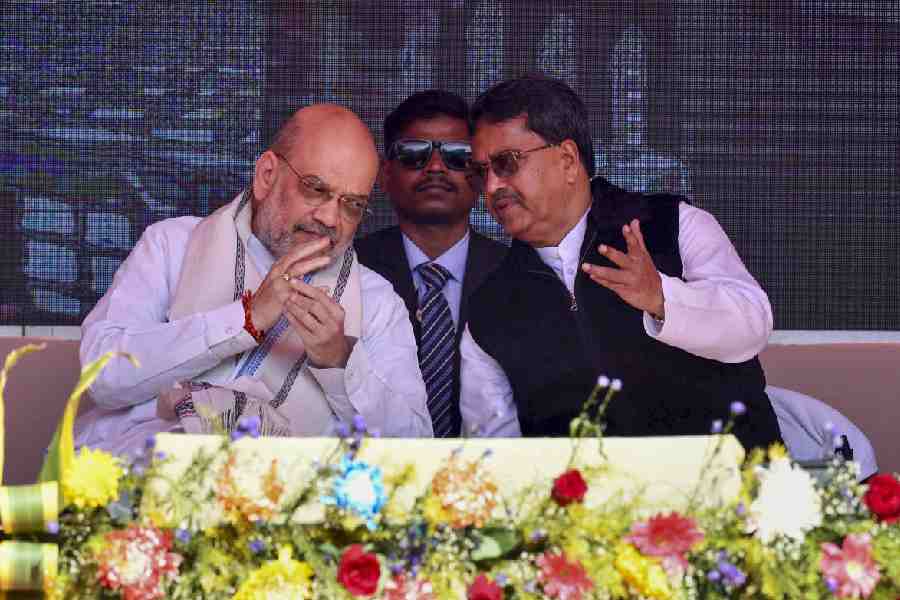 Monday, 23 December 2024
Monday, 23 December 2024
 Monday, 23 December 2024
Monday, 23 December 2024
Thousands of students in Uttar Pradesh have taken to the streets, protesting the recent decisions of the UP Public Service Commission (UPPSC) regarding their exams.
The protests, which have filled the roads with students holding banners, chanting slogans, and even sleeping on the streets, began from dissatisfaction with the "normalisation" exam format for key government exams, particularly for PCS (Provincial Civil Services) and RO/ARO (Review Officer/Assistant Review Officer) exams.
Aspirants protesting against the UPPSC’s decision to conduct the RO-ARO and PCS preliminary examinations on different dates laid siege to the UPPSC headquarters in Prayagraj on Monday, staging a sit-in at Gate No. 2 even as a large posse of police personnel tried to disperse the agitators, PTI reported.
Policemen deployed in and around the UPPSC office tried to stop the students from reaching Gate No. 2 but the large crowd jostled their way through, raising slogans against the commission.
The police even chased the crowd in order to disperse them but the agitating students soon gathered again, defying the barricades put up on the roads to stop them from marching ahead.
The aspirants gathered there till late on Monday evening, lighting the torch of their mobile phones to express their solidarity, holding placards that read "we will not divide, we will not leave, we will remain united until we get justice", and "one day, one exam", among others.
What is normalisation in UPPSC, and why is it controversial?
Normalisation is a scoring process used when exams are held over multiple days. Because the difficulty of questions can vary each day, normalisation adjusts scores to try to create a fairer evaluation. The UPPSC stated that they aim to apply this process to exams held on different days, calculating scores using a percentile system.
Students believe that this process can be confusing and doesn’t always seem fair, especially when exams vary significantly in difficulty.
The UPPSC’s new exam schedule and format
For the first time, UPPSC has scheduled these major exams over two days in multiple shifts. The PCS preliminary exams will be taking place on December 7 and 8, 2024, across 41 districts, while the RO/ARO exams will take place on December 22 and 23, 2023.
Due to the high number of candidates – around 16.52 lakh – UPPSC decided to split the exams over multiple days, as some districts cited insufficient examination centres to accommodate everyone on the same day.
Why are students of Uttar Pradesh concerned?
Many students feel that taking exams over multiple days puts them at a disadvantage. They believe that if one shift has more challenging questions than another, the scoring system might not fairly reflect their performance.
They are concerned that even students who score well might end up with lower percentile scores due to the way normalisation is applied.
In addition to the same, students are also worried because the UPPSC traditionally held these exams in a single day, which they felt was fairer for everyone. They fear the change in schedule could affect their chances and lead to unpredictable results.
The UPPSC’s response
The UPPSC has stated that the normalisation method has already been adopted by many other government examination bodies across the country. They assure that the decision was carefully reviewed by a committee of experts who recommended normalisation for multi-day exams. The Commission explained that due to a lack of adequate facilities to conduct the exams on a single day, this approach was necessary. They stress that the exams are preliminary and meant only for initial screening, not for determining final merit.
PTI quoted an unnamed UPPSC spokesperson as saying that in the past, various irregularities have surfaced at the remote examination centres, creating uncertainty for the deserving students.
To prevent this and ensure a merit-based examination process, such centres have now been removed, he added.
The spokesperson announced that to ensure the integrity and quality of examinations, only government or funded educational institutions located within a 10-km radius of a bus stand, railway station or treasury, and with no history of suspicion, controversy or blacklisting, are being designated as examination centres.
This arrangement has been implemented in response to the demands of candidates for maintaining exam purity and quality. To maintain the integrity and quality of examinations, it is essential to hold them in multiple shifts when there are over 5,00,000 candidates, he added.
Consequently, the PCS Preliminary Examination will be conducted over two days, on December 7 and 8, while the RO and ARO Preliminary Examination 2023 will be held in three shifts on December 22 and 23.
The spokesperson also clarified that when exams are held across multiple days or shifts for a single advertisement, the normalisation process is essential for evaluating the results. This approach is commonly used by various prestigious recruitment bodies and commissions across the country, and it is supported by several rulings from the court.
The protests are at present ongoing, with students demanding a return to the one-day exam format.







